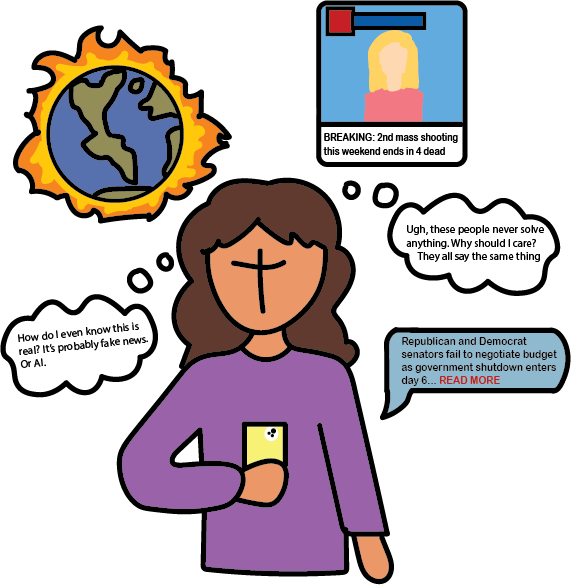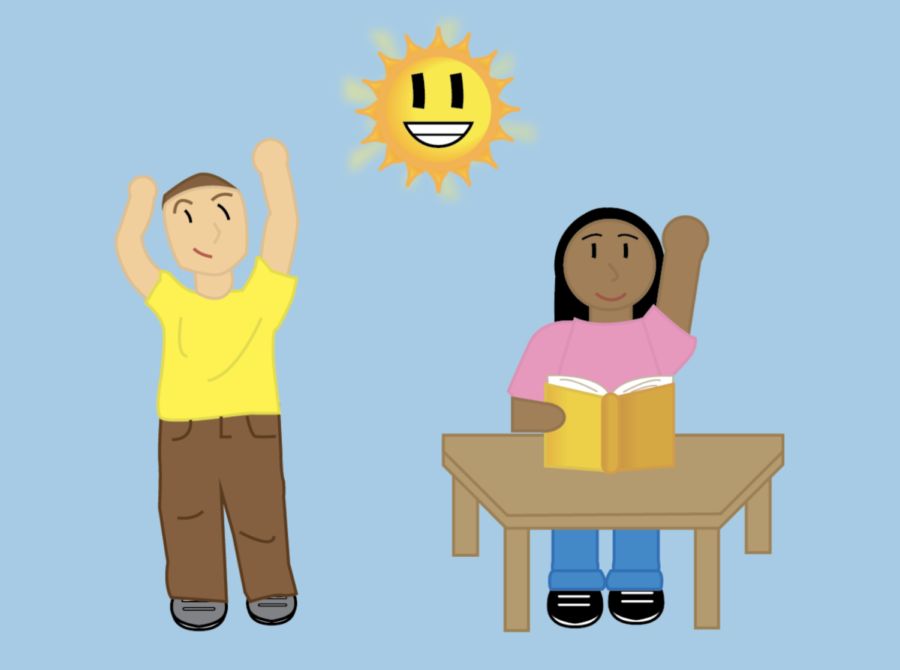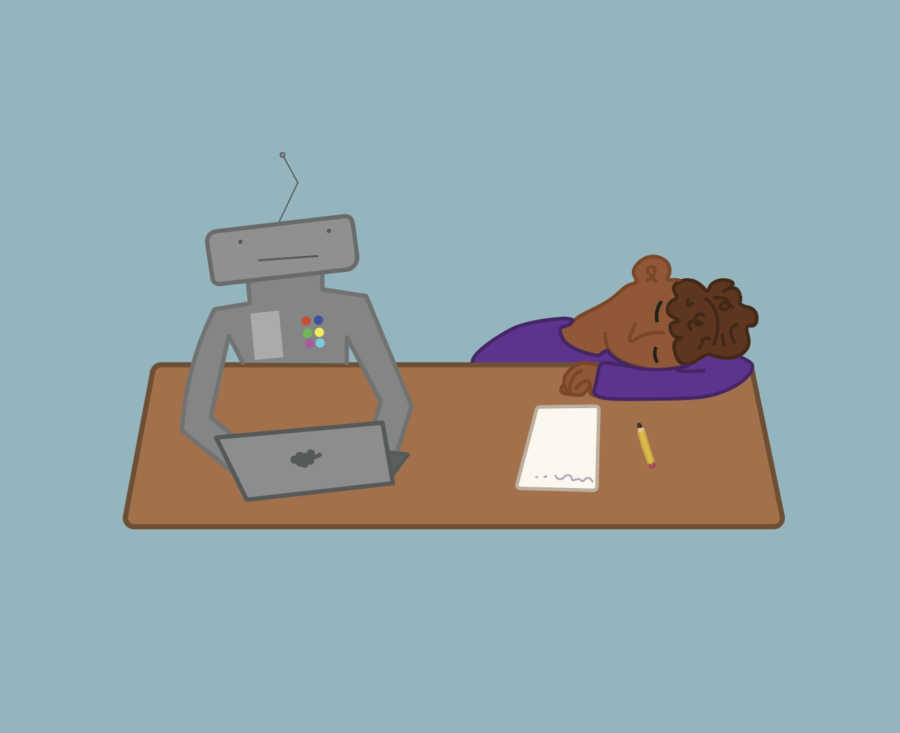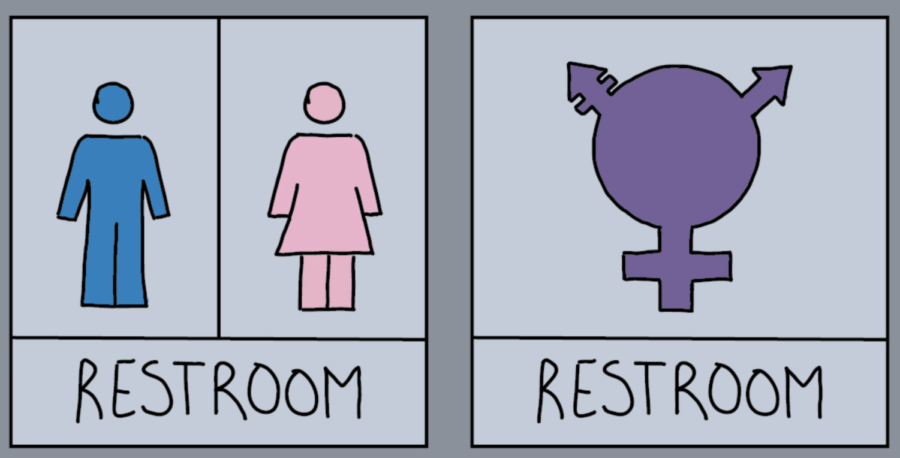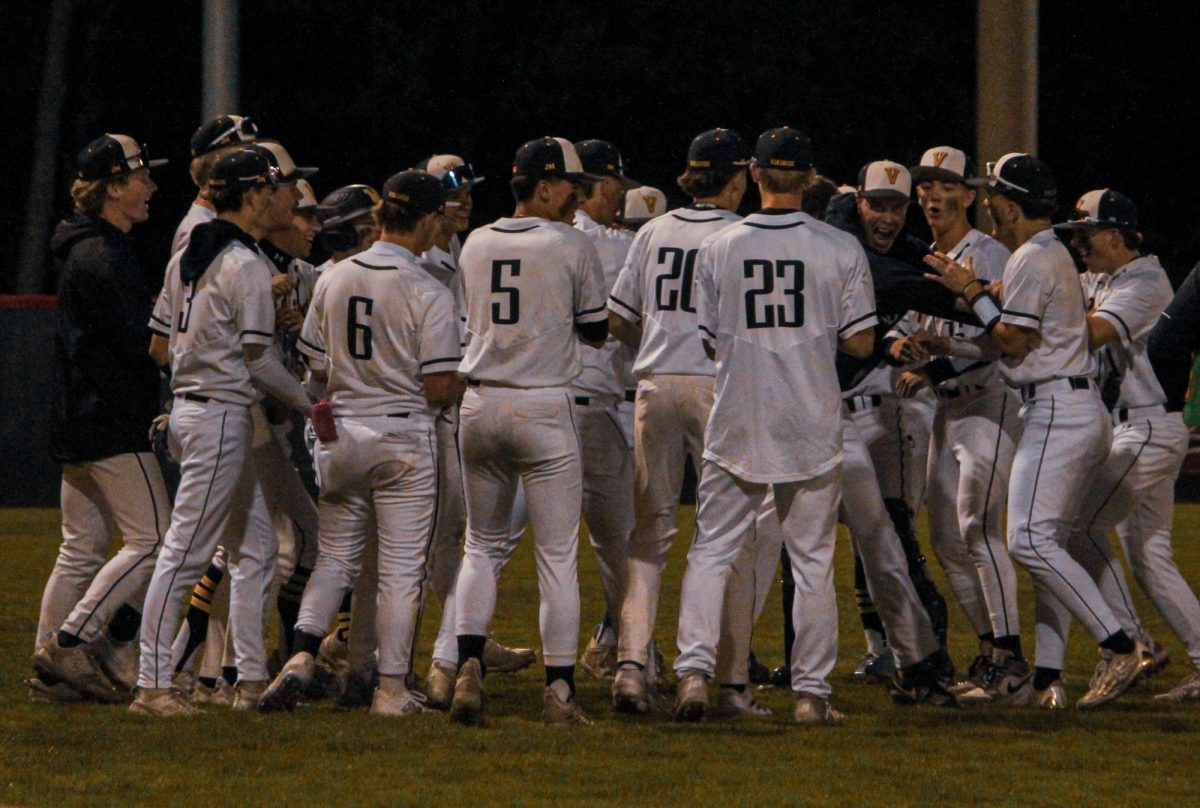 Teachers should encourage students to get involved
Teachers should encourage students to get involved
Living in a politically-charged society, it is only natural for current events to come up during casual conversation. Of course, these discussions frequently appear in classrooms — which is entirely necessary in order for students to develop a greater understanding of politics.
By including political discussions in the classroom, teachers encourage students to think critically about the world around them. Discussing politics brings current events to the attention of our generation, and students need to be kept up to date. This also gives students the opportunity to keep up on the news, which is a necessary — albeit time-consuming — part of being involved. Hearing about politics in class allows students to better understand what’s on the news without having to take time out of their schedules.
Teachers also have the unique opportunity to connect politics to the content that students are learning in class. In history classes, for instance, students can compare past regimes to current ones. Making connections between school subjects and current events allows students a different way to learn and remember the content they’re being taught.
Classrooms also offer the environment for calm, reasonable debate. Students can learn to discuss politics while still being moderated, as teachers are present so discussions can’t get out of hand. Because political discussions occur frequently in the real world, students should utilize the classroom as a place to learn how to conduct reasonable, fair arguments.
Although some students may feel isolated because their teachers may not share their beliefs, this reality of differing opinions must be faced. Political disagreements are inevitable in life, and by facing them in the classroom, students are given the opportunity to have discussions with mature, knowledgeable adults.
Because students spend so much time at school, it is important to recognize the happenings of the outside world within the classroom. Politics are an important reality, and they should be addressed as such both inside and outside of the classroom. Allowing these conversations can encourage students to learn more and can foster an informed, politically-participative generation.

Politics cause too much conflict in the classroom
Schools are known to be a place of learning, whether it’s through textbooks, teachers or peers. However, the subject being taught is often a controversial topic of debate. Introducing politics to classroom discussions has especially been a point of conflict. Teachers have been reprimanded, even suspended, for asserting their political opinions to students.
Discussing politics is known to ignite strong emotions and opinions, and even between adults can quickly dissolve into an argument based in prejudice instead of fact. Encouraging political debates between students in school may therefore end up being more detrimental than beneficial.
Because of how complex and layered politics can be, having enough information for an in-depth and informed conversation is difficult, especially because it’s so easy to form opinions without evidence. Consequently, discussions concerning such a complicated subject would most likely further engrain prejudices instead of offering a chance to learn about current events.
Political discussions also only serve to polarize students with similar viewpoints in politics. Already, political perspectives at Inglemoor aren’t very diverse. It would therefore be extremely difficult for class discussions to fully present all opinions equally, incorporating diverse viewpoints and counter arguments. Rather, they would solely be an excuse to further entrench political stances.
Furthermore, politics cross into the realm of morals and values, a topic which schools are not qualified to instruct. Schools are meant to be objective and provide students with the means to think critically, not dictate what they should think. However, to keep politics objective is an exceedingly hard task to facilitate and manage within a formal debate, let alone a classroom of 20 or more students.
Politics are of course a necessary topic of discussion to have. Nonetheless, school is not the place to do so. Of all subjective topics, politics are the most sensitive because of how influenced they are by morals, religion and values. If politics were discussed in classrooms, then classrooms wouldn’t be a safe environment for learning, but instead one of arguments and prejudice.



